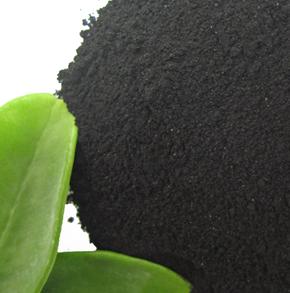Farming and Fertilizer Selection

Choosing the right fertilizer for your crops is essential, especially during the spring season when farming activities are at their peak. As farmers prepare for the planting season, the demand for fertilizers also rises. With so many options available on the market, it can be challenging to determine which ones are high quality and suitable for your needs. Understanding some basic fertilizer knowledge and taking a few precautions can help you make an informed decision.
Plants require three main nutrients: nitrogen, phosphorus, and potassium. Nitrogen is crucial for plant growth as it's a key component of proteins, nucleic acids, and enzymes. It plays a vital role in the metabolic processes of plants and directly affects their growth, yield, and overall quality. Phosphorus is important for cell structure and energy transfer within the plant. A lack of phosphorus can lead to symptoms like small leaves, dark coloration, and thickened foliage. Potassium supports various physiological functions, including water regulation and photosynthesis. Without enough potassium, plants may struggle to grow properly, leading to lower yields and poor crop quality.
Fertilizers are generally categorized based on the number of these three primary nutrients they contain. Single-nutrient fertilizers provide only one of the three (like urea for nitrogen), while compound fertilizers combine two or all three. Multi-element fertilizers may also include trace elements such as iron, zinc, or magnesium. Although these trace elements can support plant health, they aren't the main factors that determine fertilizer effectiveness or price.
When buying fertilizers, always check the label. A reliable product should clearly list the brand name, active ingredients, net weight, standard number, production license, and manufacturer details. Avoid products without this information. Also, be cautious of multi-element fertilizers that claim to contain added trace elements — many of them either don’t have enough or don’t add anything meaningful. These are often marketing tactics rather than genuine benefits.
Another important step is to verify the product’s quality by checking its test report. Whether it's imported or domestic, the fertilizer should come with a certificate from an official testing authority. The report should show the levels of nitrogen, phosphorus, and potassium, as well as other relevant data like moisture content and particle size. This ensures you're getting a safe and effective product that meets industry standards.
Solar Power Station,Solar Portable Power Station,Generator Power Station,Portable Power Mini Generator
Yantai LUHAO Lighting CO.,Ltd , https://www.luhaosolar.com